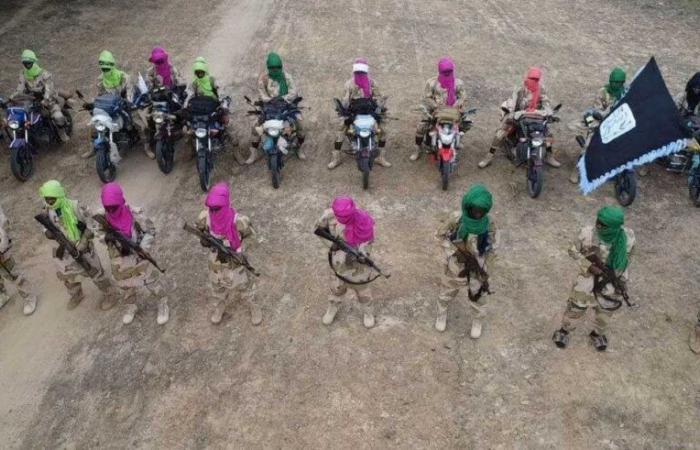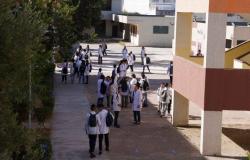The report from the United Nations Office for West Africa and the Sahel (UNOWAS) for the period July 1 to November 30, 2024 highlights an intensification of terrorist attacks in the Sahel and West Africa, where More than 3,000 victims were recorded.
While highlighting regional cooperation efforts to combat this growing threat, the report from the United Nations Office for West Africa and the Sahel (UNOWAS) for the period from July 1 to November 30, 2024 describes a security situation marked by the persistent presence of terrorist groups, notably the Support Group for Islam and Muslims (GSIM) and the Islamic State in the Sahel (formerly EIGS), which continue their deadly attacks in the Sahel and Africa the West.
In Burkina Faso, the death toll stands at 1,535, a figure comparable to that of the previous year. The report mentions several major attacks, including that of August 9 in Nassougou (east), which killed 148 people, followed by an attack in Barsalogo (north-center) on August 24, killing 200 people, as well as strikes coordinated on August 30, which targeted several sites, including a civil defense base in Barga (north), killing 13 people.
In Mali, the situation remains tense with sporadic but deadly attacks carried out by the GSIM and the Permanent Strategic Framework for the Defense of the People of Azawad (CSP-DPA), which has become the Azawad Liberation Front since the beginning of December ( FLA). The violence left 1,190 victims, including around twenty during an offensive against Dembo, near Bankass (center), on July 21. An attack in Bamako on September 17 caused significant damage to the airport and a gendarmerie school in Faladiè.
Niger deplored 467 victims between July and October, with an upsurge in violence in September, particularly in Tillabéri (west), where several soldiers lost their lives. Benin and Togo were also affected by GSIM attacks, causing casualties among security forces.
UNOWAS also highlights that the situation in the Lake Chad basin remains worrying due to the use of improvised explosive devices and suicide attacks. However, progress has been made thanks to strengthened cooperation between countries in the region, marked by the signing of bilateral agreements to counter terrorism and improve security.
The report also mentions several drug seizures, including one of 2.6 tonnes of cocaine in Bissau, and notes a reduction in maritime piracy in the Gulf of Guinea, with only one attempted theft reported.
AC/SF/APA






